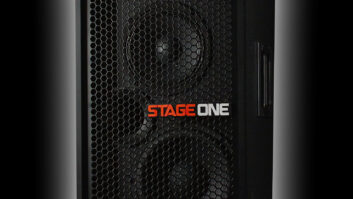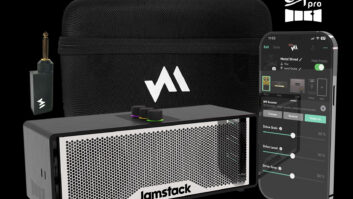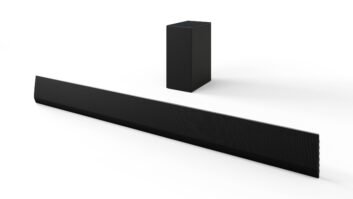Exhibitors at the Wireless 2000 show will do less talking about talking and more talking about data.
Wireless web access and next-generation packet-data technologies will be among the dominant themes of the event, which is sponsored by the Cellular Telecommunications Industry Association (CTIA) and will be held February 29-March 1 in New Orleans.
At the show, infrastructure suppliers will be talking up their plans for high-speed packet-data technologies that will speed up wireless access to the web and to e-mail with large attachments.
In addition, Ericsson will demonstrate EDGE (Enhanced Datarate for Global Evolution) packet data, which TDMA carriers will use to eventually deliver data at bi-directional speeds up to 384 Kbps.
For its part, Motorola hopes to show a handset incorporating GPRS (General Packet Radio Service), which eventually promises speeds up to 171.2 Kbps. GPRS service could be available in some U.S. GSM markets late this year, with EDGE becoming commercially available to consumers in mid-to-late 2001 in limited TDMA markets, according to some suppliers.
A third standardized high-speed technology, 144 Kbps-capable 1XRTT for CDMA networks, will be available commercially to consumers in late 2001, some suppliers added. (See story on p. 44 for more details about the coming of high-speed data.)
In another live demo at the show, Motorola will show off 64 Kbps packet-data technology, which it has commercialized in Japan and expects to become commercial in Korea.
Underscoring data’s importance will be Wireless 2000’s Data Village pavilion, where more than 40 exhibitors will demonstrate wireless content services in more than 20,000 square feet of exhibit space. The services will include location-specific services that automatically tailor requested information, such as traffic reports, to a phone user’s location.
CTIA is also calling attention to the convergence of the Internet, computing and wireless through its selection of keynote speakers and seminar topics. The association will devote two seminar tracks to data and Internet issues.
An expanded roster of speakers from the computer and Internet industries includes Amazon.com founder Jeff Bezos, America Online chairman Steve Case, Compaq president Michael Capellas, Microsoft chairman Bill Gates, and Sun Microsystems president Edward Zander.
In another data development, Pixo plans to demonstrate a microbrowser intended for small-screen phones that operate in future high-speed packet-data networks. The browser will access WAP-compatible websites and standard HTML websites, whose text will be reformatted to appear on a small screen.
Although third-generation (3G) technologies won’t be implemented in the U.S. until sometime between 2003 to 2005, depending on the marketer or analyst interviewed, the technologies will put in an appearance at the show. 3G promises to expand voice capacity and accelerate data speeds beyond that of the new packet technologies.













